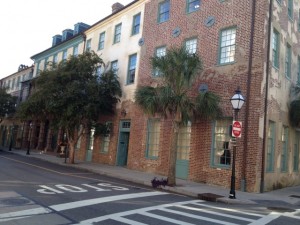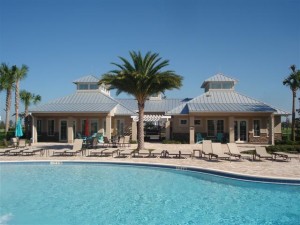The Federal National Mortgage Association (“Fannie Mae” or “FNMA”) is a government-sponsored enterprise that along with Freddie Mac is the largest holder of residential mortgages in the United States. Increasingly, Fannie Mae is asking to see reserve studies for homeowner associations (HOA’s) and condominiums. Their reason for asking for this analysis of the community’s reserves […]
reserve funding
Why Large Associations Should Use the Pooled Method
The State of Florida accepts two primary types of reserve funding: the pooled method and the component method. The pooled method draws reserve funds from one reserve pool. With the pooled method, there is one reserve account balance and anywhere from a few to many reserve items. With the component method, each reserve item has […]
Why Should a Special Assessment Be a Last Resort?
The phrase “Special Assessment” can be a dirty word around a community association. It essentially means that all members of the association pay their fraction of the cost to repair or replace something around their community at one time. On the surface it seems like that may be an okay way to find the funding […]
Maximize Reserve Fund Interest
One of the powerful things about having a large reserve fund balance is the ability to gain interest earned on the money in the fund. The last several years since the Great Recession, however, have produced paltry returns, typically less than 1% for regular savings or money market accounts. Many associations just use money market […]
Reserve Study Resources
Since reserve studies and reserve funding are a niche aspect of community association planning, finding information about their background and methodology can be difficult. There is generally a lack of easily accessible information about reserve funding on the internet or in books. The following list is some of the best information available on reserve studies […]




